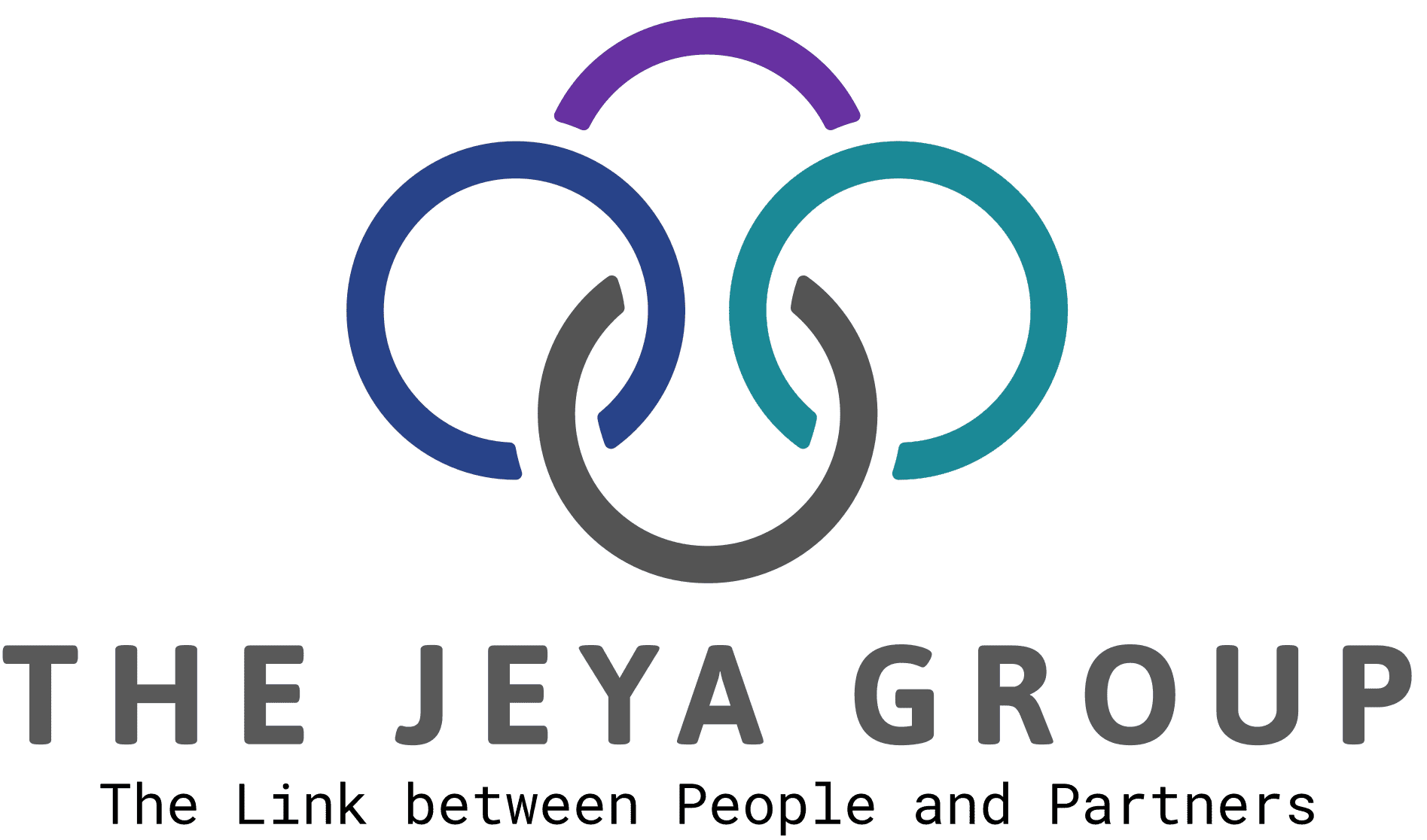
 Are you a good networker, or a bad networker? Do people who can help you look forward to meeting with you, or dread it? Do you tend to get what you want, or are you frustrated with your networking results? This article will give you lots of do’s and don’ts to consider for improving your networking results and enjoyment.
Are you a good networker, or a bad networker? Do people who can help you look forward to meeting with you, or dread it? Do you tend to get what you want, or are you frustrated with your networking results? This article will give you lots of do’s and don’ts to consider for improving your networking results and enjoyment.
Last Friday, I had lunch with a former client who created, and continues to build, a successful consulting practice. We enjoyed catching up regarding each of our practices and, at the end, agreed that we should have lunch more often. I went back to my office and referred him to two of my best networking contacts — a business attorney and an accounting firm partner. Likewise, he agreed to introduce me to a prospective client who wanted to find a new job and to a business owner who needed to hire some people. We both got something notably useful from our meeting.
This was an excellent, enjoyable, and productive networking lunch that we both want to repeat in the future. Let me share some of the things I believe we did right during our lunch and contrast these with what I have observed bad networkers are doing wrong, so that you can do more of the good stuff and avoid the bad stuff:
– We were meeting with someone with whom we had a strong, positive relationship, whereas bad networkers spend lots of time engaging new contacts or people they hardly know.
– We met in person to strengthen our interpersonal rapport and gain face-to-face nonverbal feedback to foster mutual understanding, whereas bad networkers many times attempt to achieve their goals over the phone or through email.
– We spent the first portion of the meeting catching up on what had happened since our last meeting before we got around to discussing how to help each other, whereas bad networkers jump right into what they want too early.
– We each spoke about the same amount of time and gave each other our undivided attention when the other was speaking, whereas bad networkers tend to dominate the conversation and not listen.
– We both explained clearly what we needed so the other person would have the best chance of helping us, whereas bad networkers ramble and many times fail to focus and clearly articulate what they want or need.
– We both worked hard to uncover ways of helping each other and the results were well balanced, whereas bad networkers get everything they can out of the other person and then give lip service to possibly helping them in the future.
One of the more extreme examples of bad networking, which I encounter at least once a week, is the typical job seeker. I describe them as “mobile blood bank operators.” They show up saying they want to network, but end up drawing a pint of blood (figuratively) from you and then moving on. This is why many people do not want to network with job seekers — especially those who are unemployed.
In Chapter 12 of Fast Track Your Job Search (and Career!), I describe a four step process for conducting an effective job search networking meeting. The four steps are warm up (catch up), discuss how to help the other person, discuss how you can be helped, and summarize specific actions to be taken.
Whether you are a good networker or a bad networker, we all have areas where we can improve. Apply the fundamentals of good networkers outlined in this article and you can become an excellent one. And excellent networkers get far more of what they want!
Best wishes for your success.





